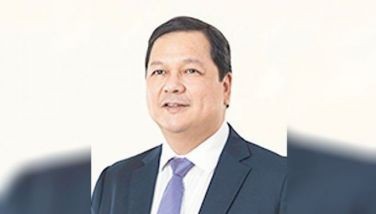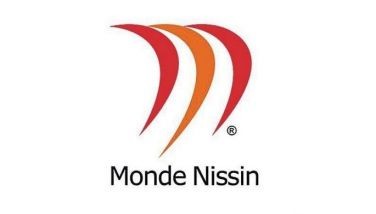ING sees BSP holding rates
MANILA, Philippines - Dutch financial giant ING Bank said the country’s benign inflation environment would allow the Bangko Sentral ng Pilipinas (BSP) to keep its dovish monetary policy stance.
Joey Cuyegkeng, senior economist at ING Bank Manila, said the manageable inflation trajectory over the policy horizon would allow the BSP to delay any tightening.
Cuyegkeng said ING Bank still expects the BSP to raise interest rates by 50 basis points in the second half.
According to him, the BSP is likely to raise key policy rates by 25 basis points in the third quarter and by another 25 basis points in the fourth quarter of the year.
“Although rate hikes are our base case, we cannot fully rule out the possibility of steady policy settings for a prolonged period. A significantly weaker peso would likely result with such policy stance,” he said.
The economist pointed out a weaker peso is acceptable to economic managers since the inflation impact of a weaker currency has moderated.
Inflation quickened for the fifth straight month in March, hitting a 28-month high of 3.4 percent from 3.3 percent in February due to higher oil prices and electricity costs.
Bangko Sentral ng Pilipinas Governor Amando Tetangco Jr. earlier said inflation is expected to rise close to the upper end of the BSP’s two to four percent target until the third quarter of the year due to elevated food and oil prices
“As we have said, our runs show that the path of monthly inflation shows upticks until about the third quarter of this year before slowly decelerating to average within the target range,” he said.
Inflation in March was the highest since November 2014 when the consumer price index averaged 3.7 percent. It has been inching up steadily from 2.3 percent in October to 2.5 percent in November, 2.6 percent in December, 2.7 percent in January, 3.3 percent in February, and 3.4 percent in March.
This brought the average inflation to 3.2 percent in the first three months.
Last month, the central bank lowered the inflation forecast to 3.4 percent instead of 3.5 percent for this year and to three percent instead of 3.1 percent for 2018 on lower oil prices and global economic uncertainties.
The Philippines managed to post 72 consecutive quarters of positive gross domestic product (GDP) growth amid the benign inflation environment. Its economy grew 6.8 percent last year from 5.9 percent in 2015.
Economic managers penciled a GDP growth of between 6.5 and 7.5 percent for this year.
- Latest
- Trending
























